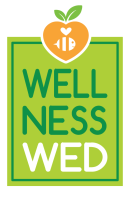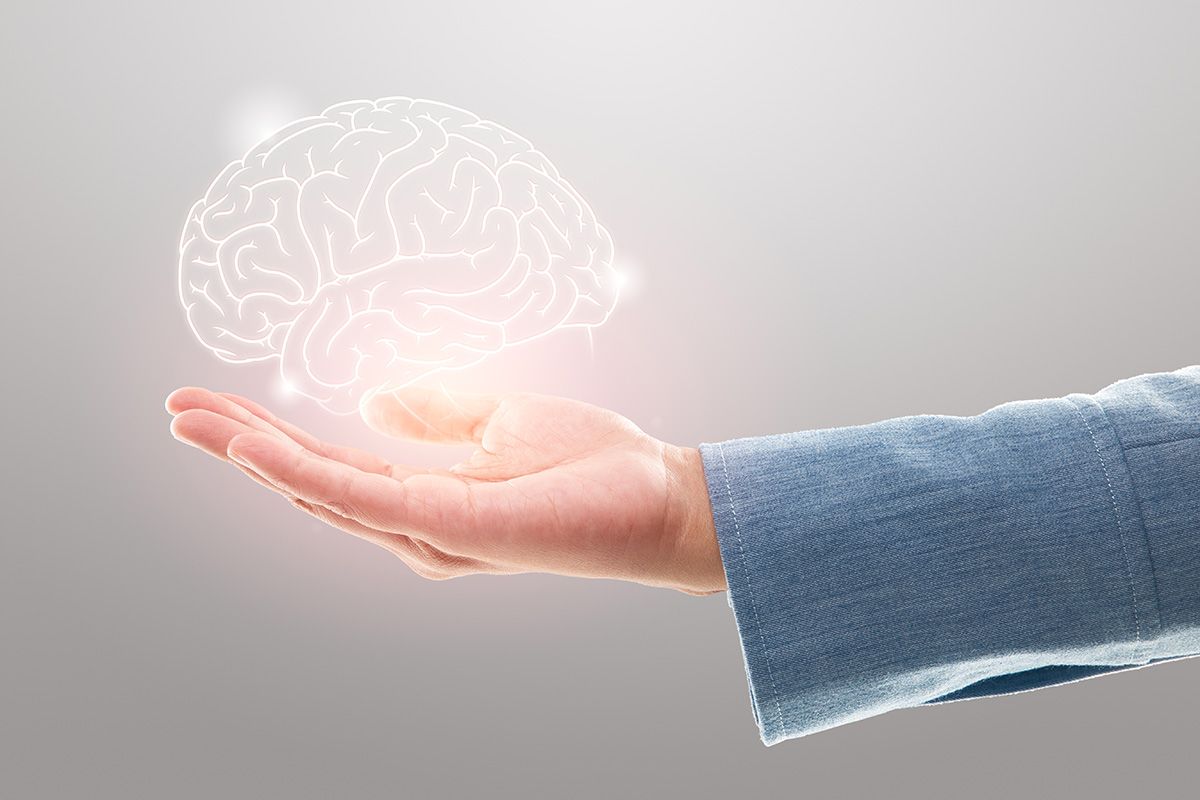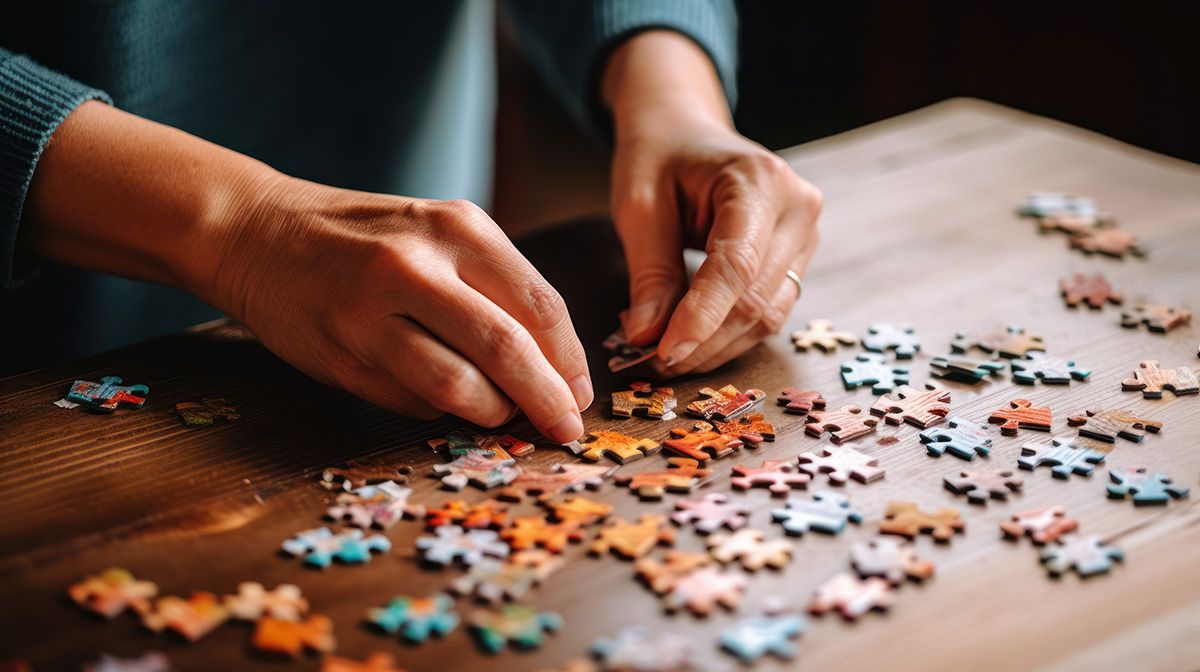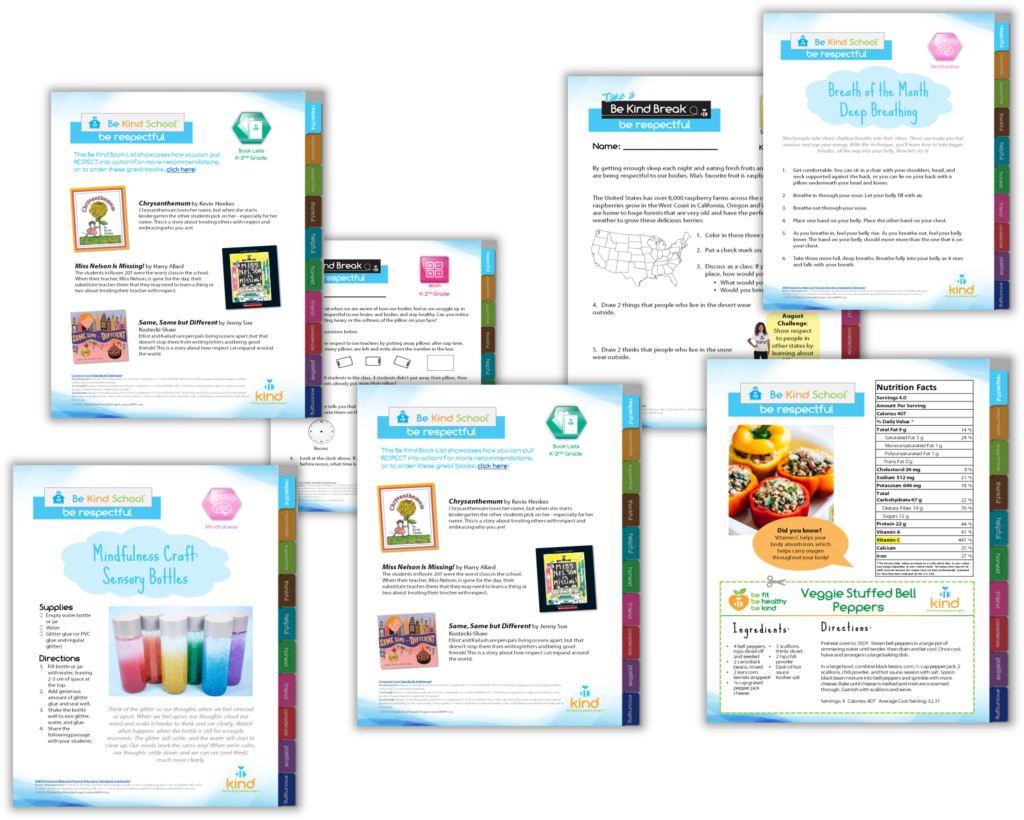- About
- Programs
- After School Classes
- All-School Assemblies
- The BE KIND Business
- The BE KIND Community Education Center
- The BE KIND SCHOOL
- BE KIND on the MOVE
- Classroom Resources
- #CyberSkills
- Family Engagement
- Fitness Programs
- Gardens
- Grace’s Group
- Health & Wellness
- Summer Programs
- Teacher Training
- Wellness Wednesday
- Athletes for Arizona
- Events
- Get Involved
- Donate
Memory MythBusters: Debunking the Myths about Alzheimer’s Disease & Dementia

Mind Mapping
Understanding Alzheimer’s Disease & Dementia
Embarking on a journey into the intricate landscape of Alzheimer’s and dementia—welcome to this week’s Wellness Wednesday, that seeks to demystify the uncertainties surrounding these complex conditions.
In this exploration, we’ll tackle a question that often lingers: Are there genuinely discernible ways to predict if one is destined for Alzheimer’s? Join us as we navigate through the latest insights, debunk common myths, and shed light on the genuine indicators that merit attention.
Knowledge is our compass on this quest, so let’s dive in together!

The Data
According to US Against Alzheimer’s and The Alzheimer’s Association:
Approximately 5.7 million people in the U.S. currently have Alzheimer’s disease. The number of Americans with Alzheimer’s is projected to triple to 16 million by 2050.
Someone in the United States develops Alzheimer’s every 65 seconds. By 2050 this is projected to be every 33 seconds.
Alzheimer’s is not an old age disease! 200,000 people under age 65 have early-onset Alzheimer’s disease.
Worldwide about 50 million people (about twice the population of Texas) have some form of dementia, and someone in the world develops dementia every three seconds.

Common Myths and Misconceptions of Alzheimer’s and Dementia
Understanding and dispelling these myths is crucial for raising awareness and promoting a more accurate understanding of Alzheimer’s and dementia. The Alzheimer’s Association is a GREAT resource for anyone who wants to know MORE!


- Myth: Only Older Adults Can Get Alzheimer’s.
Truth: While the risk increases with age, early-onset Alzheimer’s can affect individuals in their 40s and 50s. Age is a risk factor, but not the sole determinant.
- Myth: Memory Loss is Just a Normal Part of Aging.
Truth: Occasional forgetfulness is common, but significant memory loss isn’t a natural part of aging. Alzheimer’s and dementia go beyond typical age-related memory lapses.
- Myth: Alzheimer’s and Dementia are the Same.
Truth: Dementia is an umbrella term for various cognitive disorders, including Alzheimer’s. Alzheimer’s is the most common cause of dementia, but there are other distinct types.
- Myth: If You Have Alzheimer’s, You Can’t Lead a Meaningful Life.
Truth: Individuals with Alzheimer’s can lead fulfilling lives with proper support and adjustments. Engaging activities, social interactions, and a supportive environment contribute to a meaningful life.
- Myth: Alzheimer’s is solely a Genetic Condition.
Truth: While genetics play a role, lifestyle factors also influence Alzheimer’s risk. Healthy habits such as regular exercise, a balanced diet, and mental stimulation can contribute to brain health.
- Myth: There’s Nothing You Can Do to Prevent Alzheimer’s.
Truth: While there’s no guaranteed prevention, adopting a healthy lifestyle can reduce the risk. Regular exercise, a balanced diet, mental stimulation, and social engagement contribute to brain health.
- Myth: Alzheimer’s Only Affects Memory.
Truth: Alzheimer’s affects various cognitive functions. Changes in language, decision-making, and even visual perception can occur alongside memory loss.
- Myth: Cognitive Decline is Inevitable.
Truth: While cognitive decline can occur, it’s not a guaranteed part of aging. Leading a brain-healthy lifestyle can contribute to maintaining cognitive function.
- Myth: There’s a Single Test for Alzheimer’s.
Truth: Diagnosing Alzheimer’s involves a comprehensive evaluation, including medical history, cognitive tests, imaging, and sometimes genetic testing. No single test can definitively diagnose Alzheimer’s.
Do YOU Remember?
Engaging in these fun at-home activities and tests provided by Unity Point Health can be an enjoyable way to stimulate your brain and promote memory longevity. Remember to approach these activities with a spirit of enjoyment and curiosity. Consistency is key, so incorporate these activities into your routine for a well-rounded approach to promoting memory longevity.
- Jigsaw Puzzles:
Work on jigsaw puzzles of varying difficulty levels to challenge your spatial memory and problem-solving skills.
- Crossword Puzzles:Solve crossword puzzles to exercise your verbal memory and enhance language skills.
- Sudoku:
Challenge yourself with Sudoku puzzles, which are excellent for promoting logical thinking and pattern recognition.
- Memory Card Games:
Play memory card games where you match pairs. This classic game enhances visual memory and concentration.
- Trivia Nights:Host or participate in trivia nights with friends or family. This can be a fun way to recall and learn new facts.
- Cooking Challenges:Try new recipes and challenge yourself to memorize ingredients, measurements, and cooking techniques.
- Learning a New Skill:Pick up a new hobby or skill, such as playing a musical instrument or learning a language. The process of learning and remembering strengthens cognitive function.
- Mindfulness Meditation:Practice mindfulness meditation to improve focus and attention, contributing to overall cognitive well-being.
- Photographic Memory Challenge:Look at a photograph for a brief period, then try to recall as many details as possible. This activity can strengthen visual memory.
- Name That Tune:Challenge your auditory memory by playing “Name That Tune.” Listen to short snippets of songs and try to identify them. This is a PERSONAL favorite of mine!


Learn More about The Be Kind People Project®
- Programs
- After School Classes
- All-School Assemblies
- The BE KIND Academy
- The BE KIND Business
- The Be Kind Break
- The BE KIND School
- The BE KIND on the MOVE
- #CyberSkills
- Family Engagement
- Fitness Programs
- Gardens
- Grace’s Group
- Health & Wellness
- Summer Programs
- Teacher Training
- Wellness Wednesday
- Athletes for Arizona
Copyright © The Be Kind People Project | Privacy Policy

